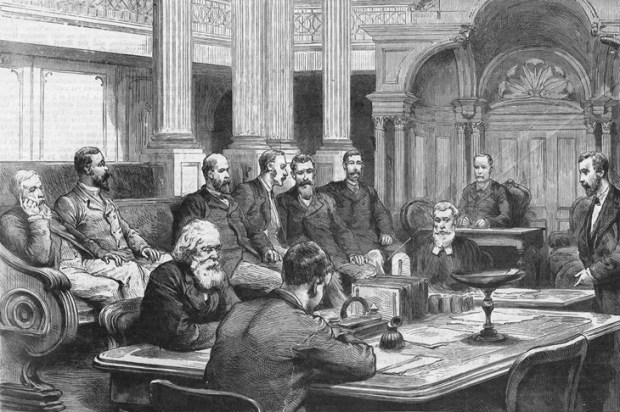As politics becomes increasingly polarised, policymakers are no longer focused on giving voters what they want, but on making voters want what they are given. Rather than presenting policies as rational choices for individual voters, policies increasingly ignore the intelligence of individuals in support of a collectivist agenda.
Informing the battle lines is a process of collectivist reinforcement through ideologically informed policy supported by policy-framed teaching.
Already a subscriber? Log in
Subscribe for just $2 a week
Try a month of The Spectator Australia absolutely free and without commitment. Not only that but – if you choose to continue – you’ll pay just $2 a week for your first year.
- Unlimited access to spectator.com.au and app
- The weekly edition on the Spectator Australia app
- Spectator podcasts and newsletters
- Full access to spectator.co.uk


























Comments
Don't miss out
Join the conversation with other Spectator Australia readers. Subscribe to leave a comment.
SUBSCRIBEAlready a subscriber? Log in